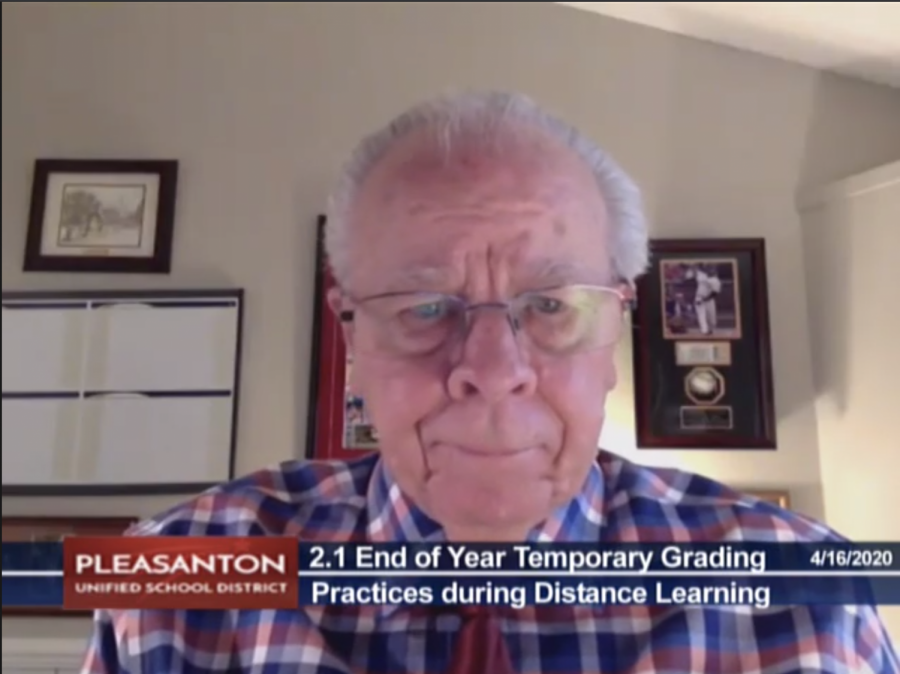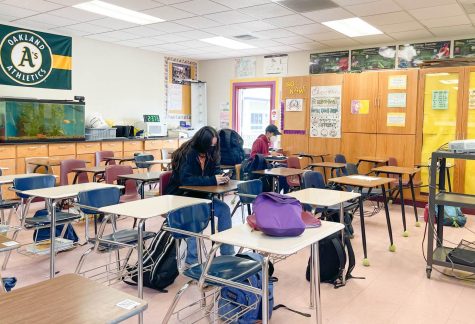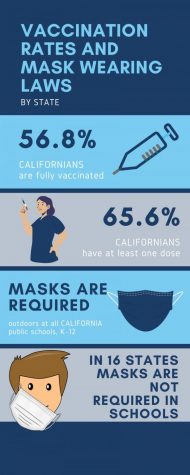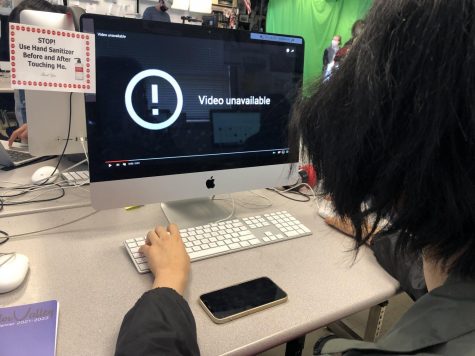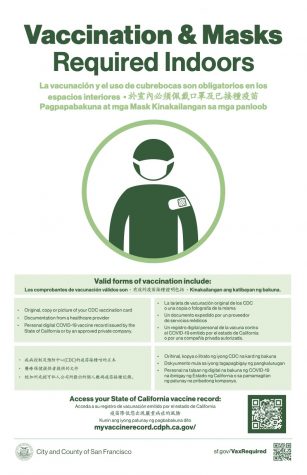Community shares opinions about PUSD grading options
PUSD chose Option 3 for quarter 4.
Many different authorities and community members weighed in their opinion during the discussion.
April 17, 2020
Today, April 16, 2020, PUSD held a virtual school board meeting to discuss and decide on how grades will be determined for the second semester of this school year.
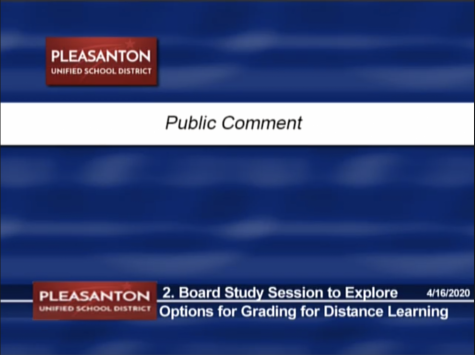
The board voted for option 3, a blended version, issuing letter grades for students with an A, B, or C in the class and a credit/no credit grade for students with either an F or D. But before voting, Patric Gannon, PUSD’s Coordinator of Communications & Community Relations, read comments from the public.
The time elapsed for the reading of public comments neared an hour and people did not fail to express their opinions on the decision ahead. PUSD community members shared their pros and cons for all three of the grading options and their beliefs on why a certain option would be best for the school district.
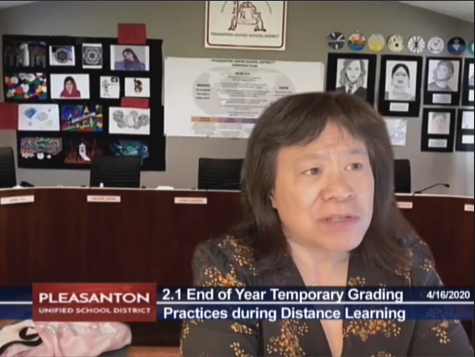
Many argued that option 2, credit/no credit grades, was the best option to relieve students’ stress and allow for equal opportunity among all students.
“In any situation, 3rd quarter grades are an inaccurate representation of the whole second semester. Third-quarter grades have always been little more than glorified progress report, a poor measure of the student’s achievement and an incomplete reflection of subject mastery. Issuing letter grades for the semester when not even half of it has been conducted at school would be detrimental towards students. For these reasons I strongly believe that option adopting option 2 is the simplest way to reduce the stress which is built up for everyone and give the vast majority of students another chance to achieve their potential,” said Amador student, Class of 2021.
Others argued that option 3 should be adopted because the majority of Pleasanton students already have passing grades and do not want to see their good grades be written off as pass/fail.
“Seeing the data that was provided during this broadcast it is clear that the majority of Pleasanton students have A’s (54 percent of students). B’s and C’s are also represented very well with around 40 percent of students. Pleasanton students have demonstrated great determination and commitment to their education and have shown they will work regardless of incentive. Please don’t punish us, we have all worked very hard for our grades,” said Amador Class of 2021 student.
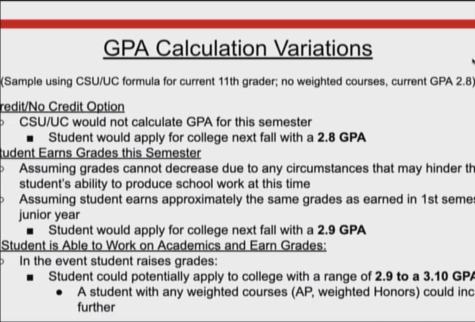
Juniors seemed the most in favor of letter grades due to the reliance of second-semester grades being on their transcripts for colleges and counting into their GPA’s.
“I am Junior at Amador and I feel option 1 or 3 is the best option because I have worked very hard to get all A’s in the third quarter. If we go to credit/no credit [grades], then I and all of the other hardworking students will effectively lose all that progress because colleges won’t count this semester into our GPA. This will hurt a lot of juniors who were expecting to get a GPA boost this year,” said Amador student.
Others argued that option 3 was the best of both worlds because it allowed student’s achievements to be rewarded while also aiding students in higher need of assistance at this time.
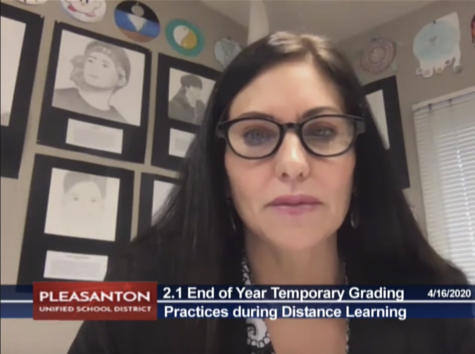
“Based on my personal experience and the concerns that have been expressed by some of my peers I find option 3 to be the most realistic option at this time. While I understand the equity issue and issues inherent to the blended grading policy, I do think that this is the best option given the circumstances. It mitigates the effects of COVID-19 on the college admissions process while still looking out for her some of our more vulnerable students. Additionally, the college admissions process is fluid right now as schools continue to announce their policies in response to this crisis, and I feel that we should be proactive in our own policy,” said one Pleasanton high school student.
Among the PUSD school board members, many agreed with the benefits of the blended option.
“The struggle is balancing the kids who’ve really worked hard for their letter grades and balancing the kids continuing to have some challenges. That’s the crux of the whole thing. Then when you think about, “what’s the best decision for all of our students as a group?”, to me it just seems like option 3 is the best option because it gives most everybody what they need,” said PUSD board member Jamie Yee.
The other board members agreed with option 3 being the option to best encompass the needs and wants of all Pleasanton students. The board concluded the meeting with a unanimous vote for option 3.

